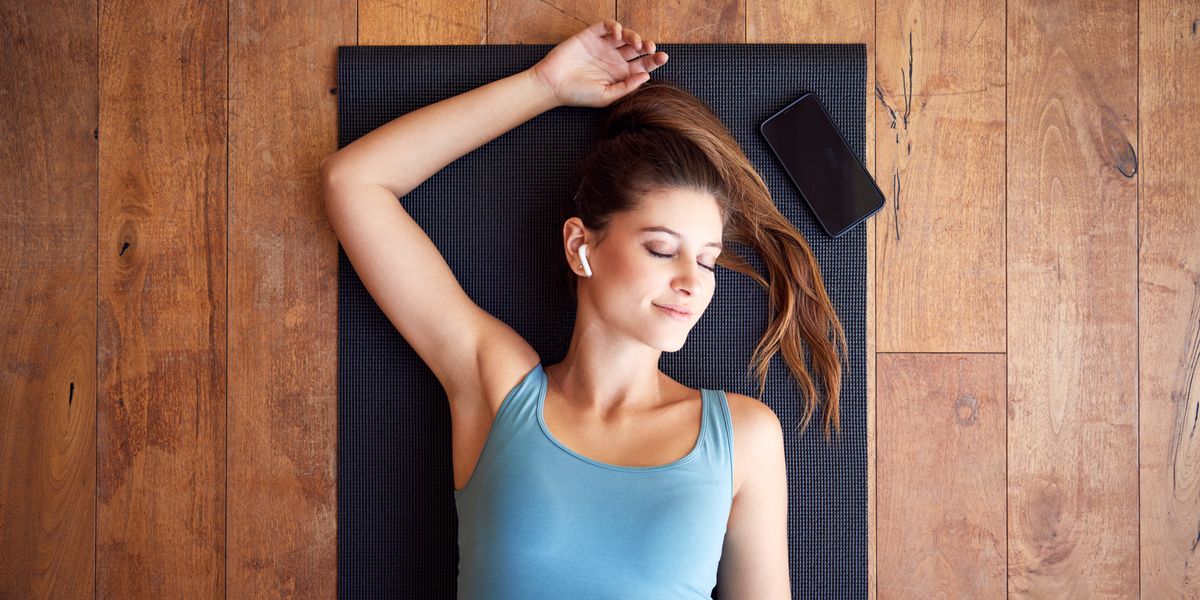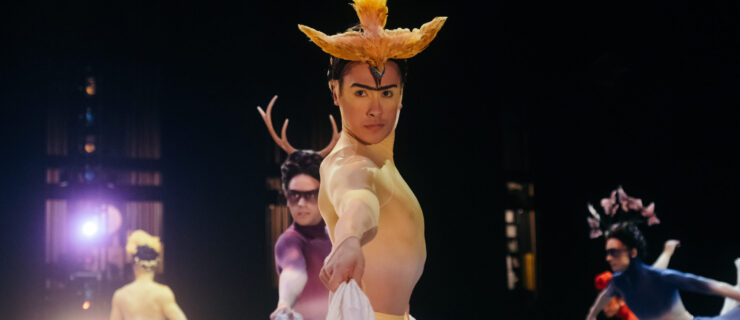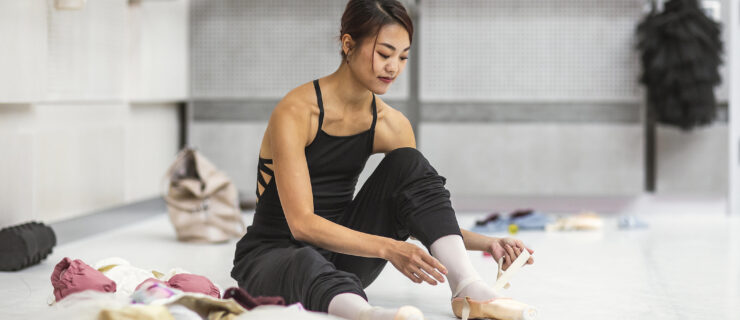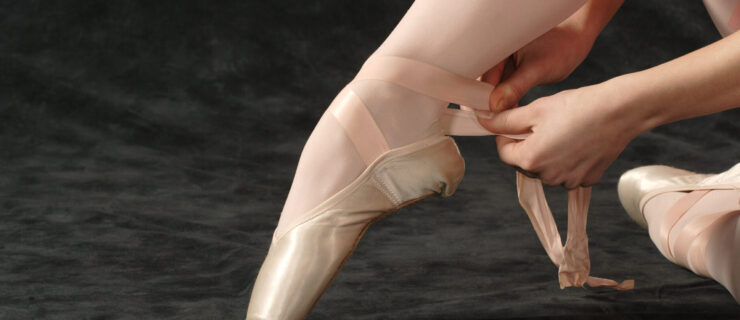These 5 Lifestyle Factors Prove That Being a Healthy Dancer Isn't Just About What You Eat
Having a strong, healthy and energized body isn’t just about what you eat and the time you spend dancing. Many nonfood factors can also have a big impact on self-assessment and body image.
When you focus on additional forms of nourishment, instead of obsessing over food, you’ll find so much more peace and joy in ballet. The following are common areas I work on with my pre-professional and professional dance clients as a holistic health coach.
Prioritize Self-Care

Some self-care activities come pretty naturally to dancers: For instance, you might already spend time stretching or rolling out your muscles. Caring for your body is an act of self-love, and cultivating this self-love helps to promote a positive body image.
To prioritize self-care, consider how you can add to the ways you already care for your body. You might start journaling or writing a gratitude list. When dancers journal specifically about their bodies—using a prompt like “What does my body allow me to do?”—positive shifts can happen. You start to see your body for what it can do versus what it can’t.
You can also try a hot-towel scrub: Run hot water over a washcloth, and then use it to scrub your whole body. This helps to reduce muscle tension and improve circulation. Maybe treat yourself to a massage, or invest in calming essential oils, like lavender or chamomile, and rub a few drops on the bottoms of your feet before bed.
Practice Mindful Eating

When you’re not on the go, commit to eating each meal sitting at a table and without the distraction of your phone or the TV. Set the stage, so your meal looks appealing and you’re excited to eat it. Then, eat slowly and tune in to each bite. Engage your senses of sight, taste and smell.
When you slow down and enjoy your food, you’ll be better at following your body’s natural hunger and fullness cues. Eating mindfully can also help to mitigate stress eating. As you’re spending more time at home due to the COVID-19 pandemic, use it as an opportunity to appreciate your meals.
Create Nurturing Morning and Nighttime Routines

Morning and nighttime routines allow you to wake up more inspired and go to sleep more relaxed. Morning activities might include meditation, putting together a healthy breakfast and going through a skin-care routine. Make sure you wake up early enough to complete your morning activities without feeling rushed and stressed. If you start off feeling refreshed and positive, it can easily spill over into how you approach dance and your attitude toward your body.
Nighttime activities might include reviewing your goals or a list of the next day’s to-dos. Taking a relaxing bath with lavender essential oil or reading a book for pleasure can also help you wind down. Make sure you ditch the screens at least an hour before bed, as the blue light they emit can make it harder to fall asleep.
At night, a routine will help you fall asleep more easily and sleep more deeply. Sleep is a key element in physical restoration, and it supports your healthiest body.
Seek Out Supportive Relationships

Build on relationships that are uplifting. If you have friends who are constantly criticizing or focusing on the negative, they might not be the best people to spend your time with. This goes for teachers, as well—body shaming has no place in the classroom. Seek out the people who focus on your value and how they can help you bring it out. To find a greater sense of balance, it often helps to spend time with family and cultivate friendships outside of dance.
In addition to the daily relationships, seek out healers and helpers who can support you in reaching your best body goals. Some dancers find that a holistic health coach who’s familiar with the demands of ballet can help them consider food and lifestyle factors that align with their goals. A dietitian can help you create a specific nutrition plan to fuel your dancing, and if you’re experiencing severe struggles with body image or disordered eating habits, it’s time to seek out a clinical psychologist.
Spirituality

A spiritual practice might be found in religion or by attending church, or it could be a connection to something bigger than yourself, like nature or the universe. Whatever spirituality looks like for you, it can help to take the focus off the daily grind of rigorous ballet training.
Professional dance jobs can be stressful, but focusing on something bigger may alleviate some of the aesthetic pressure you might feel and help you maintain perspective as you encounter casting and audition challenges.
Adjusting your lifestyle doesn’t require massive shifts each day. Start small. Pick one area to focus on first, and create a plan around it. When you find yourself feeling stressed, these areas of nonfood nourishment can have a grounding effect that will help you to move forward with positivity wherever your dance journey takes you.





